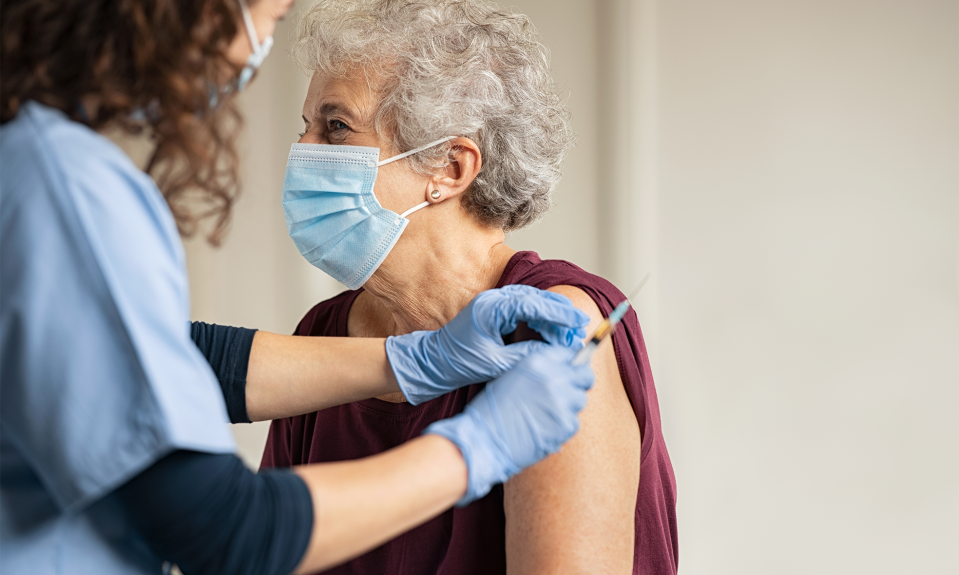I was moved by the recent news stories of an emergency department physician from New York City who took her own life after weeks of dealing with COVID-19 patients at the epicenter of the outbreak. She was recovering from the physical ramifications of having caught the coronavirus infection herself, but the emotional toll of dealing with the surge of sick and dying patients in her emergency room became a hole she could not climb out of. Although I cannot imagine what she went through every day, often unable to leave the ED due to staffing issues, the story tugged at my heart, and her family’s heartfelt plea for the rest of us to not underestimate the psychological burden frontline workers are facing during the pandemic has stayed with me.
I think most of us in healthcare know what we would tell our patients if they came to us with heightened anxiety and/or depression. We are familiar with the screening questions, and the appearance of someone who is not eating, sleeping or speaking in a healthy way. We voice our concern; we may arrange for a consultation with a mental health professional or prescribe medication. But we don’t often hold that mirror up to ourselves for a general checkup. We work in overdrive, committed to the caretaker role for patients and our own families.
In a March 23, 2020 publication in JAMA, a study from China revealed that among 1,257 healthcare workers working with COVID-19 patients, 50.4% reported symptoms of depression, 44.6% symptoms of anxiety, 34% insomnia and 71.5% reported distress. Similar findings have been reported among workers in nursing homes, where the poor outcomes and high death toll has led to feelings of helplessness
During this pandemic, several articles have been written specifically for healthcare personnel with suggestions for emotional wellbeing. Try meditation, take up yoga or go for a brisk walk. Some have advocated for mandatory “talk therapy” with coworkers. There is concern that there will be long term consequences for frontline workers, including PTSD, burnout or heightened anxiety. Some may choose to retire early, or to leave the profession entirely.
One thing has been found to be a source of strength, and that is the support of your coworkers. In these stressful times, working with as a team to provide the best care you can for your patients and each other is so important.
Finally, I think it is important to know that you are not alone. If you see or hear of someone who needs urgent help, please utilize the National Suicide Prevention Lifeline at 1-800-273-8255 or in an emergency, call 911.
The content of this site is for informational purposes only and should not be taken as professional medical advice. Always seek the advice of your physician or other qualified healthcare provider with any questions you may have regarding any medical conditions or treatments.



